The Role of Artificial Intelligence on Political Analysis
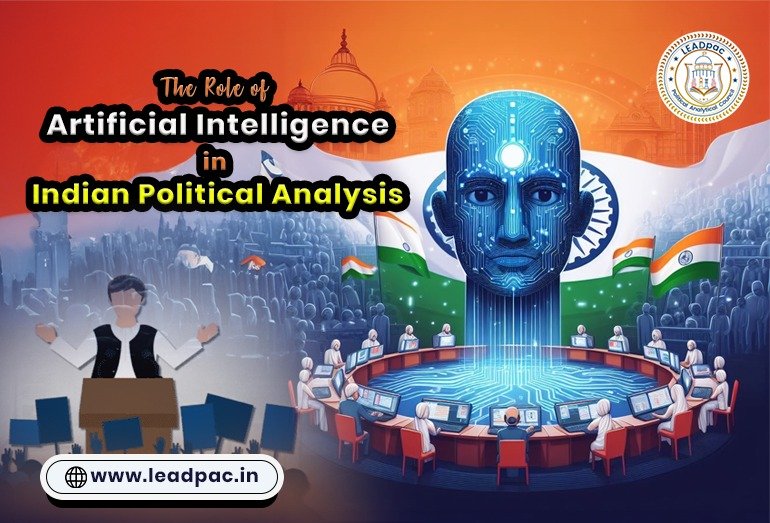
The rise of Artificial Intelligence (AI) has dramatically transformed various sectors, including Political Analysis. In regions like Telangana and Andhra Pradesh, AI is playing a crucial role in understanding political dynamics, forecasting election outcomes, and aiding strategic decision-making. This blog explores how AI is revolutionizing Political Analysis in these two states and the broader implications for their political landscapes.
Enhanced Data Collection and Processing
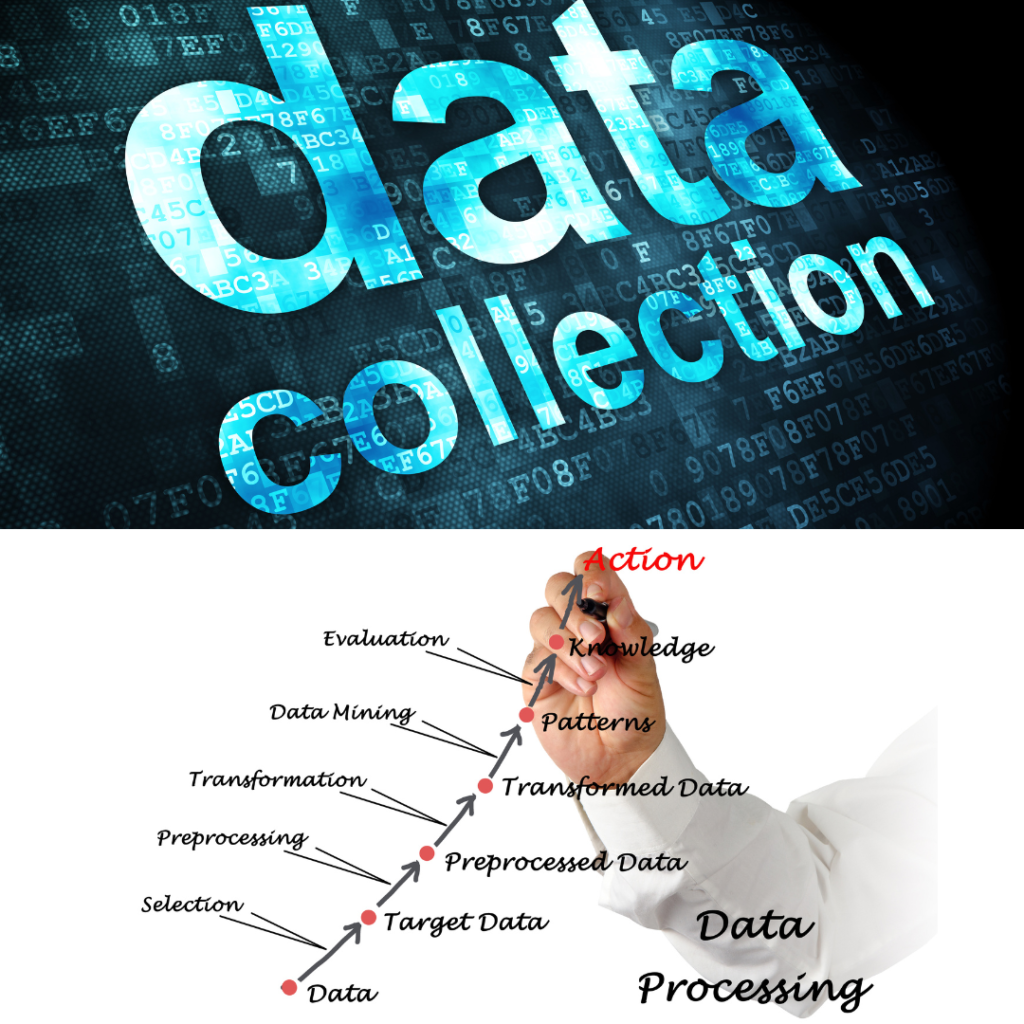
One of the most significant ways AI is shaping Political Analysis in Telangana and Andhra Pradesh is through enhanced data collection and processing capabilities. Traditional methods of Political Analysis involved manual data gathering from sources such as newspapers, interviews, and public records. These methods were often time-consuming and prone to human error.
AI technologies, particularly those involving machine learning and natural language processing, can process vast amounts of data from diverse sources, such as social media, news outlets, government reports, and public opinion surveys. For example, AI-driven sentiment analysis tools can analyze social media platforms like Twitter and Facebook to gauge public opinion on political candidates and policies. By examining the language and context of social media posts, these tools can identify trends and shifts in public sentiment, providing valuable insights for Political Analysts and Campaign Strategists.
Predictive Analytics for Election Outcomes
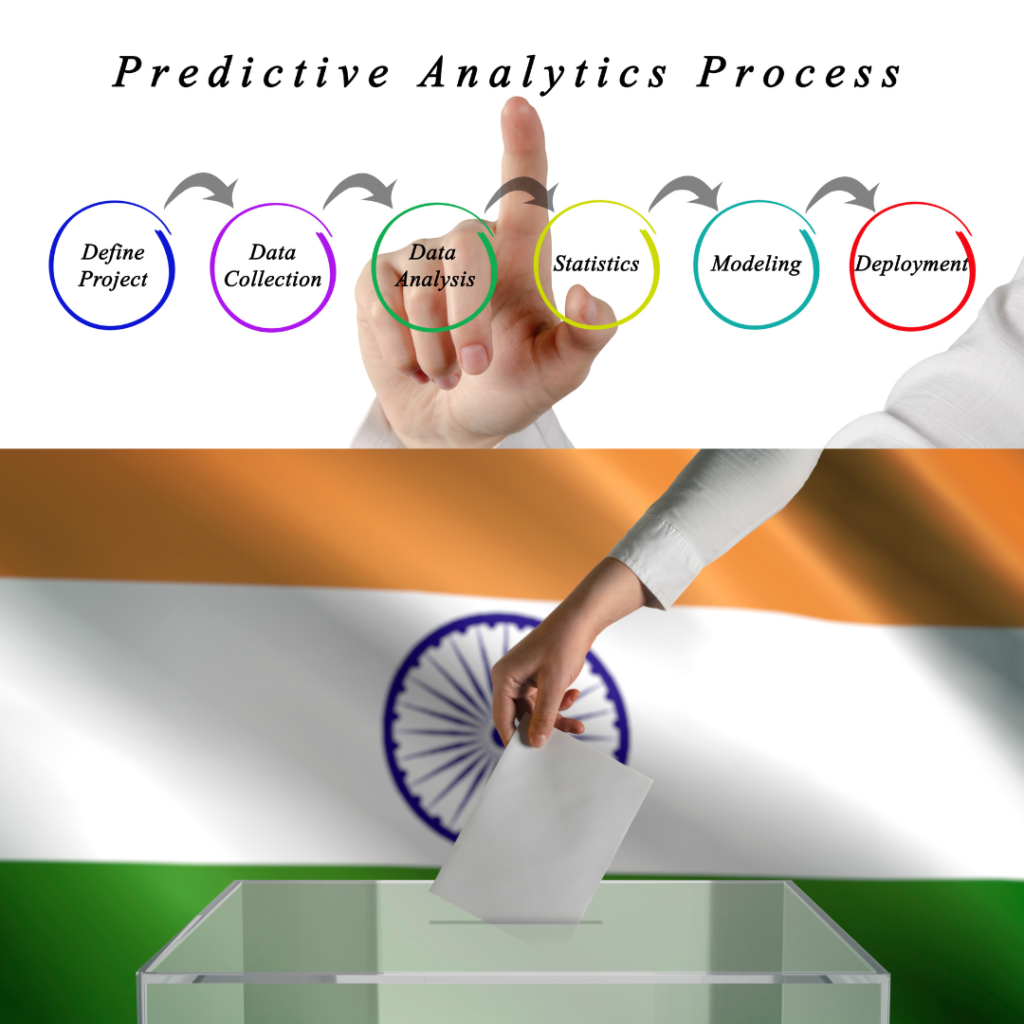
AI’s application in Predictive Analytics has proven to be particularly impactful in forecasting election outcomes. In the politically vibrant states of Telangana and Andhra Pradesh, where elections often hinge on local issues and voter sentiments, AI offers a data-driven approach to predicting results with greater accuracy.
AI models can analyze historical voting patterns, demographic data, and current political trends to forecast election outcomes. For instance, during state assembly elections, AI can predict which candidates or parties are likely to win in specific constituencies by considering factors such as voter demographics, past election results, and public sentiment. These predictions help political parties strategize their campaigns more effectively and allocate resources where they are most needed.
Real-Time Monitoring and Rapid Response
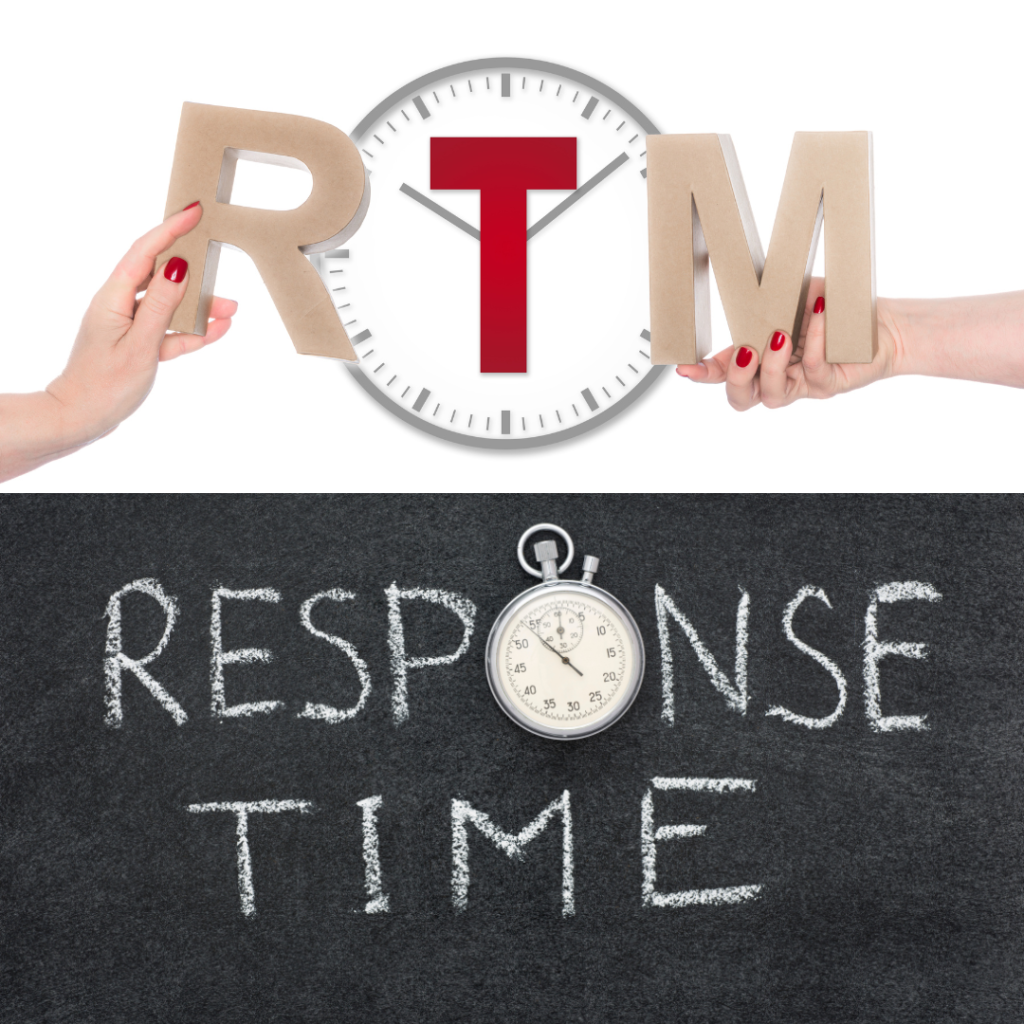
The dynamic political environments of Telangana and Andhra Pradesh necessitate Real-Time Monitoring and Rapid Response. AI-powered systems can continuously monitor news outlets, social media platforms, and other information sources, providing real-time updates on political developments. This capability allows political analysts and campaign teams to stay informed about emerging issues and respond swiftly to changing circumstances.
For instance, during a political crisis or a significant event such as a major policy announcement or a natural disaster, AI systems can quickly analyze the situation, assess public reaction, and suggest appropriate responses. This Real-Time Analysis helps political leaders and parties make informed decisions and maintain their relevance and responsiveness.
Enhancing Voter Engagement and Participation

AI is also enhancing Voter Engagement and Participation in Telangana and Andhra Pradesh. By providing citizens with accessible and personalized information about political candidates, parties, and policies, AI can help voters make more informed decisions. Chatbots and AI-driven mobile apps can answer voter queries, provide information on voting procedures, and remind citizens to vote, thereby increasing voter turnout and engagement.
Moreover, AI can address issues related to voter disenfranchisement and electoral fraud. For example, AI algorithms can analyze voter rolls to detect and correct anomalies such as duplicate registrations or ineligible voters, ensuring a fairer and more transparent electoral process.
Addressing Challenges and Ethical Considerations

Despite its numerous benefits, the integration of AI into Political Analysis in Telangana and Andhra Pradesh raises several challenges and ethical considerations. One major concern is data privacy. Political Analysis often involves collecting and analyzing sensitive information about individuals and communities. Ensuring that AI systems comply with data privacy regulations and protect individuals’ personal information is paramount.
Another challenge is the potential for AI to perpetuate existing biases. If the data used to train AI models is biased, the resulting analysis may also be biased, leading to skewed insights and decisions. It is essential to use diverse and representative data sets and to continuously audit AI systems for fairness and accuracy.
Additionally, the use of AI in Political Analysis raises questions about accountability. When AI systems influence political decisions, it can be challenging to determine who is responsible for those decisions. Establishing clear guidelines and accountability mechanisms is crucial to address this concern.
The Future of AI in Telangana and Andhra Pradesh Politics
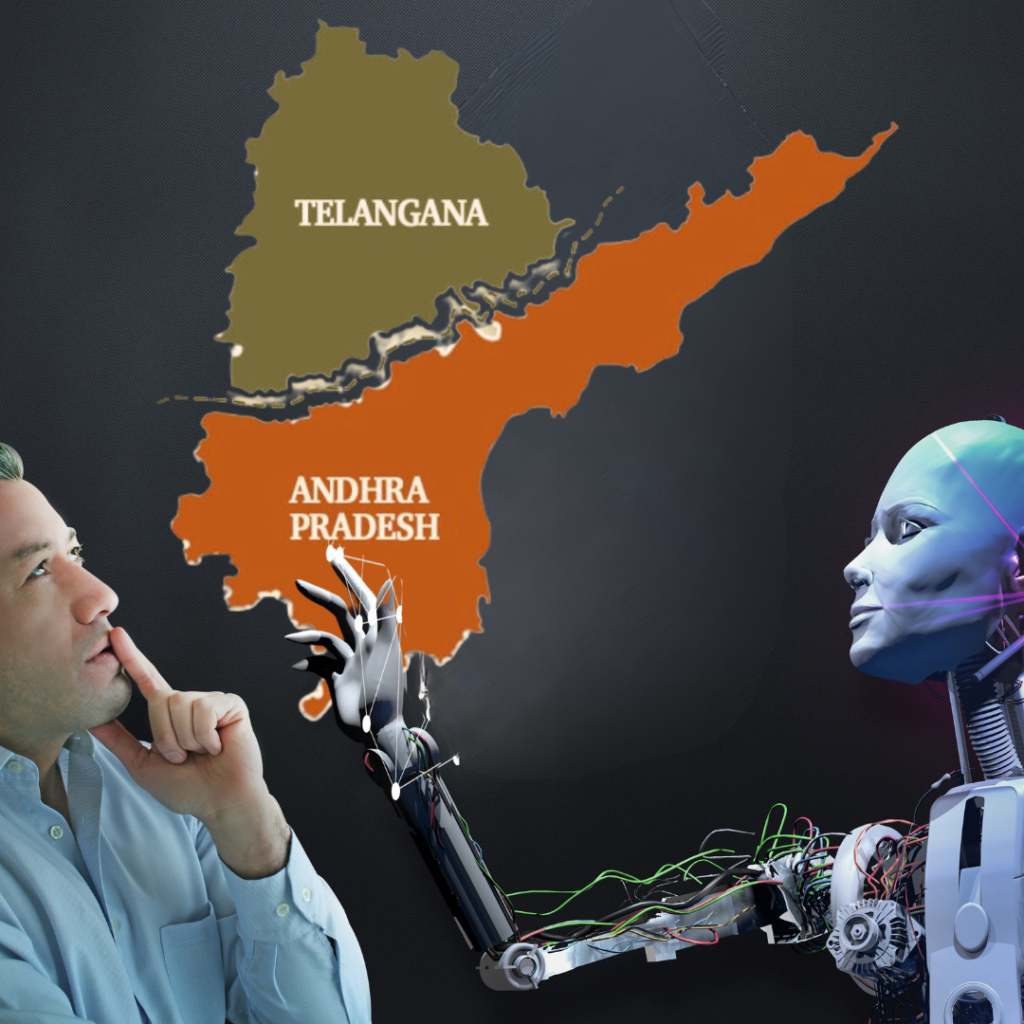
The future of AI in Political Analysis in Telangana and Andhra Pradesh is promising. As AI technologies continue to evolve, they will provide deeper insights into political dynamics and contribute to more effective governance. AI can help political leaders better understand the needs and concerns of their constituents, enabling them to craft policies that are more responsive and inclusive.
In the long term, AI has the potential to democratize Political Analysis by making sophisticated analytical tools accessible to a broader range of stakeholders, including smaller political parties, independent candidates, and civil society organizations. This democratization can lead to a more competitive and vibrant political landscape, ultimately strengthening the democratic process.
Conclusion
AI is transforming Political Analysis in Telangana and Andhra Pradesh by enhancing data collection, predictive analytics, real-time monitoring, and voter engagement. While challenges and ethical considerations remain, the benefits of AI in this field are substantial. As technology continues to advance, AI will play an increasingly vital role in understanding and navigating the complex political landscape of these states, contributing to more informed and effective governance.
